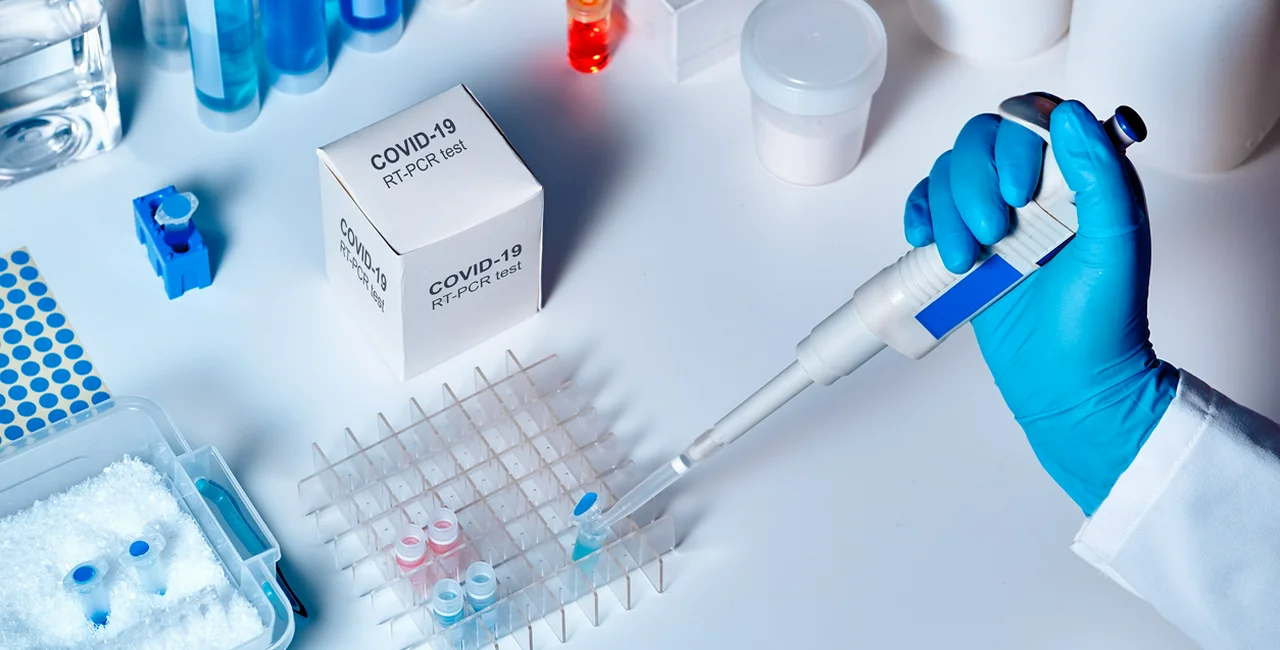Prague, April 21 (CTK) – The results of the COVID-19 collective immunity study of a representative sample of population in Czechia should be available in early May, Health Minister Adam Vojtěch (for ANO) told reporters today.
Up to 27,000 people from the localities with various coronavirus infection incidence will be tested for COVID-19.
If the share of the infected in the population is low, the Czech Republic will face further rise in the number of the coronavirus cases in the weeks and months to come, Vojtěch said.
Over 6,900 coronavirus cases were confirmed in the Czech Republic as of this morning.
“There is a certain group of people who are not included in the statistics of positive cases, but have already had the disease. They do not know about it themselves since they did not have any symptoms. Yet antibodies have been created in them,” Vojtěch said.
Deputy Health Minister Roman Prymula said he expected the result of the study of antibodies in the population to be counted in per mille up to a few percent and higher in the regions where the infection epidemic was more intensive.
From the epidemiological point of view, it would be better news if the exposure of the population to the infection (collective immunity) was higher,” he said.
The further lifting of the anti-coronavirus measures will be considered according to the share of the people who met with the infection in the population, Vojtěch said.
The study will answer the question about the share of these people in the population.
“It would be nonsensical to carry out such a study at the very beginning of the epidemic,” Institute of Health Information and Statistics (UZIS) director Ladislav Dušek said in reaction to the criticism that this study was launched too late.
The results will not be fully precise as rapid COVID-19 tests, Dušek added.
“It does not matter whether it will be 1, 2 or 4 percent,” he said, adding that the low exposure of the population to the infection will be up to 15 percent. So far, some 10 percent in the Czech Republic were counted with in the previous models.
Researchers have selected localities that differ in terms of the coronavirus incidence, from South Moravia and Brno with 30 to 40 coronavirus cases per 100,000 inhabitants, Prague (123) and Olomouc (161) to the towns of Litomerice, (400) and Uničov and Litovel (665).
In Litoměřice, north Bohemia, the disease spread in a senior home where some 70 clients and employees got infected.
Uničov and Litovel, north Moravia, were closed in quarantine for two weeks at the beginning of the epidemic due to a high number of the infected. In these towns, larger blood samples will be taken from the study participants for a more detailed research.
The Czech Statistical Office (CSU) and the Academy of Sciences (AV) will also address some people to take part in the study to secure its representative character, Dušek said.
Other volunteers who want to participate can go to the sampling points. If they are from the required age groups, their blood samples will be taken with their informed consent. They will know the rapid test’s result in about 30 minutes. If tested positive, they will be sent to a more thorough coronavirus test.
Special times and spots will be reserved for children and seniors to be tested.
A similar COVID-19 collective immunity study was carried out or is planned in the neighbouring German and Austria and in Sweden.
More details are available on the UZIS website.Sweden.
More details are available on the UZIS website.












 Reading time: 3 minutes
Reading time: 3 minutes 


























